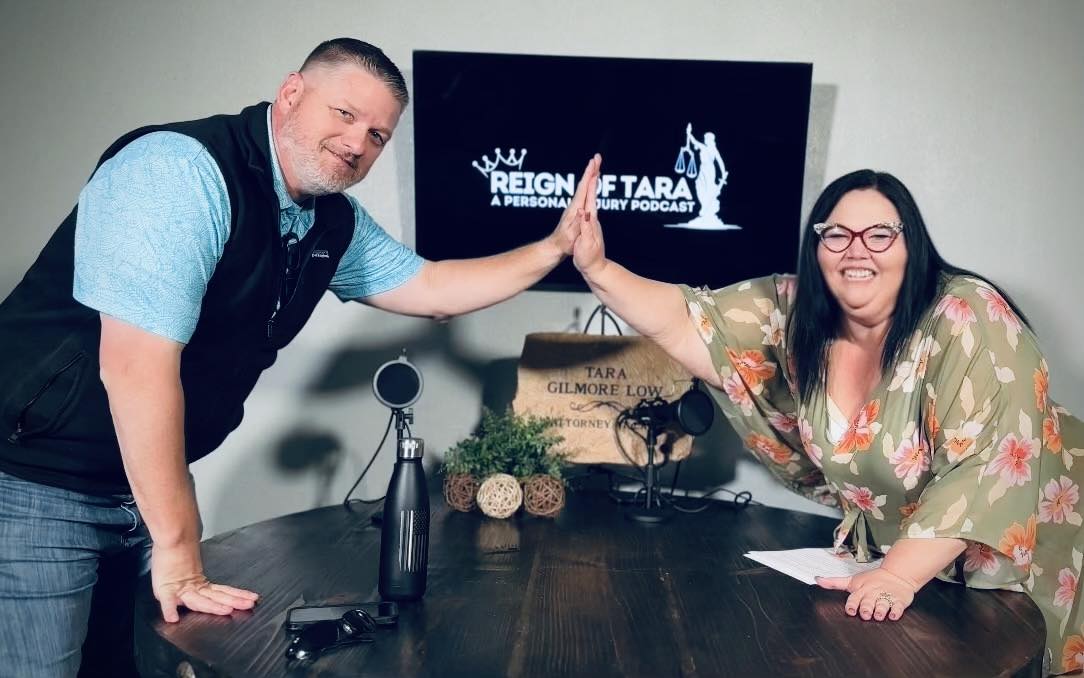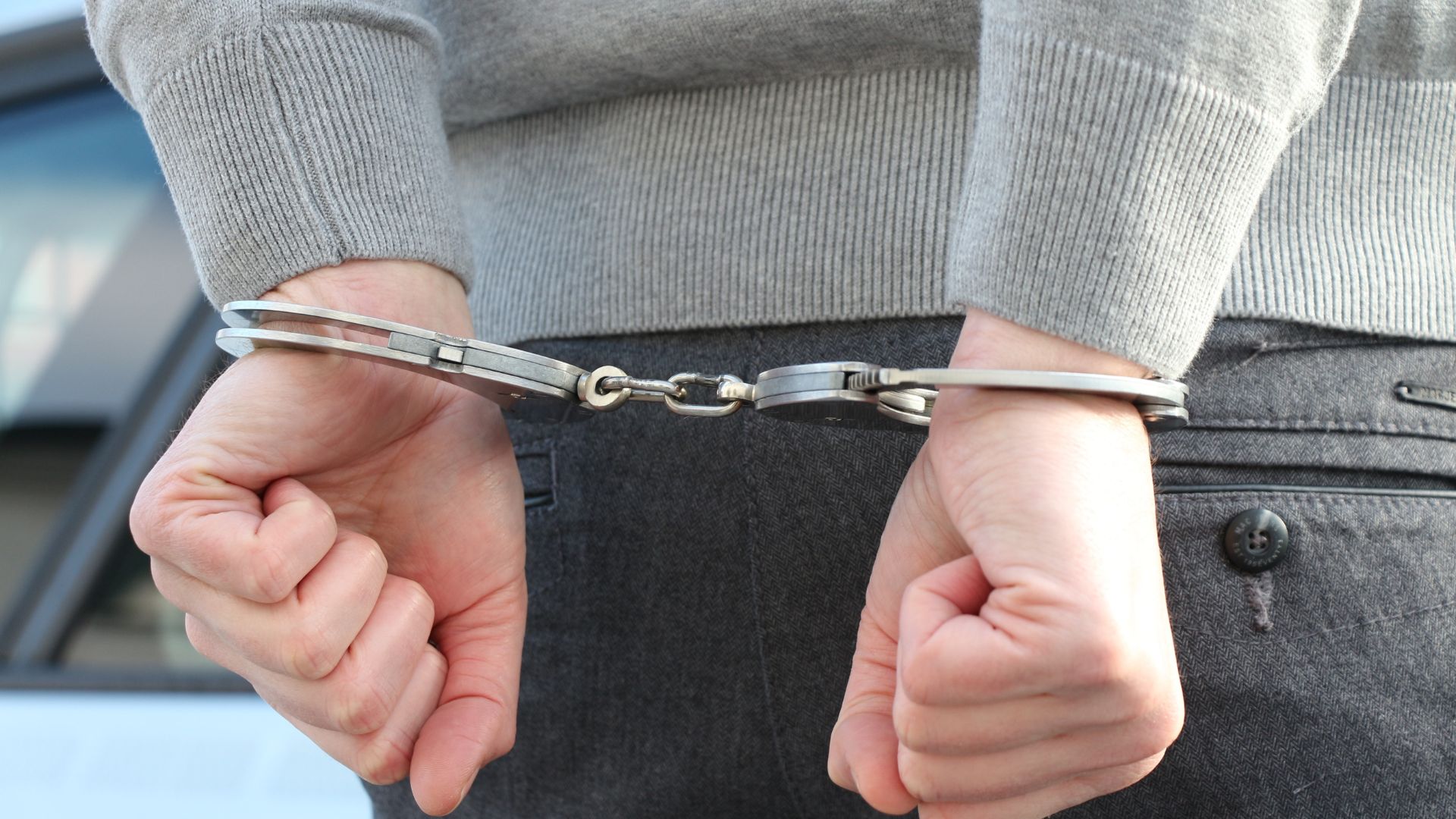What You Should Do (and Say) During a Traffic Stop in Texas


Know Your Rights as a Passenger: When You’re Not the One Driving

New Episode of Reign of Tara: What Happens Before Trial?

When a Night Out Turns Into a Criminal Case: Bar Fights, Disturbances, and Defense

Prescription Drugs and Criminal Charges: When Legal Meds Become Legal Trouble

Charged, But Not Convicted: Why Your Defense Starts Before Court
Welcome Back to Our April Series
This April, we’re bringing criminal defense into focus at Low Law Firm, where Attorney Tara Gilmore-Low provides legal representation for clients across West Texas. Our goal isn’t just to defend you in court—it’s to inform you before things ever get that far.
In our last post, we explored the landscape of DUI and drug charges across Texas. Today, we’re dialing it back a step and focusing on one of the most common encounters between citizens and law enforcement: the traffic stop.
Whether you’re pulled over for speeding, a broken taillight, or suspected impairment, how you respond in those first few minutes matters. Your words, your demeanor, and your awareness of your rights could shape the entire course of your case.
First Things First: Why Traffic Stops Matter
You might think traffic stops are minor inconveniences. But in criminal defense, they’re often where everything begins—from DUI arrests to drug charges, firearm discoveries, or search and seizure challenges.
The National Highway Traffic Safety Administration (NHTSA) reports that over 50,000 drivers are pulled over each day in the U.S. That’s nearly 20 million stops each year—each one a possible gateway into the criminal justice system.
NHTSA: Impaired Driving Overview
So what do you do when the red and blue lights flash behind you?
Step One: Pull Over Calmly and Safely
Once you see flashing lights, you should:
- Slow down immediately
- Use your turn signal
- Pull off to a safe location on the right side of the road
Don’t slam on the brakes or swerve. Keep your hands visible, preferably on the steering wheel, and turn off your engine. Roll down your window slightly so the officer can speak to you clearly.
This first impression sets the tone—and showing you’re calm and cooperative doesn’t mean you’re forfeiting your rights.
Step Two: Understand What You’re Being Asked to Do
The officer may request:
- Your driver’s license
- Vehicle registration
- Proof of insurance
You are legally required to provide these documents upon request. But that’s where your obligation ends unless further cause is established.
The officer may also begin to ask more probing questions:
- “Where are you coming from tonight?”
- “Have you had anything to drink?”
- “Do you know why I pulled you over?”
It’s human nature to want to explain yourself, but you are not required to answer these questions. In fact, it’s often in your best interest to remain politely silent beyond confirming your identity.
Step Three: Know What to Say (and What Not to Say)
Here’s a simple phrase that could protect you later:
- “Officer, I choose to remain silent. I would like to speak with my attorney.”
You are not being rude. You are invoking your constitutional rights.
If the officer persists, repeat that you would prefer not to answer questions without legal counsel present.
To learn more about what you are and are not required to say, consult the ACLU’s Know Your Rights Guide for Stops by Police.
Step Four: Can They Search Your Vehicle?
This is where many traffic stops escalate. The officer may ask:
- “Mind if I take a look inside your car?”
- “Do you have anything illegal in the vehicle?”
- “Can you pop the trunk for me real quick?”
Here’s the truth: You can legally say no.
Unless the officer has probable cause or obtains a search warrant, they cannot search your vehicle without your consent. Politely decline:
- “I do not consent to any searches.”
That statement is clear, legal, and assertive—without being combative.
Step Five: What If You’re Asked to Step Out of the Vehicle?
In Texas, police can ask you to step out of your vehicle during a lawful stop. You should comply with that instruction—refusing to do so may be interpreted as resisting, which could complicate the encounter.
However, once outside the vehicle, you are not obligated to answer further questions, submit to field sobriety tests, or engage in conversation.
Field sobriety tests—like walking in a straight line or following a finger with your eyes—are voluntary and can be declined politely. These tests are often subjective and used to build a case against you.
What If They Suspect You’re Impaired?
Texas operates under an implied consent law—meaning that if you refuse a chemical test (like a breathalyzer or blood test), your license may be suspended.
But that’s a civil penalty, not a criminal one—and it may still be better than providing potentially flawed evidence.
Consult a defense attorney immediately if you’re faced with this choice. Tara Gilmore-Low can help you navigate whether a refusal was in your best interest based on the details of your case.
Body Cameras, Dashcams, and Your Own Recordings
Most officers in Texas wear body cameras or have dashboard video systems. These recordings can help or hurt your case depending on what is captured.
You also have the legal right to record your interaction as long as you do not interfere. Use your phone to record or to notify a trusted contact if you feel unsafe.
You should also document:
- The time and location of the stop
- Officer names and badge numbers
- Any statements made or actions taken
This info can prove invaluable later when building your defense.
After the Stop: What Happens Next?
Even if you’re let go with a warning or citation, take notes. If you’re arrested or charged with a crime, call a criminal defense attorney right away. Time-sensitive evidence—such as dashcam footage or breathalyzer calibration records—can help shape your defense.
At Low Law Firm, Tara Gilmore-Low will review your case in detail, looking at:
- Whether the stop was lawful
- If your rights were violated
- How the evidence was collected
Your defense starts the moment you’re pulled over—not the moment you step into court.
Final Takeaways: Be Calm. Be Quiet. Be Informed.
You don’t need to be a legal expert to protect yourself. You just need to know three things:
- You have the right to remain silent
- You have the right to refuse searches
- You have the right to speak to an attorney
Our team at Low Law Firm is here to help you exercise those rights with confidence.
Up Next in Our April Series…
In our next installment, we’ll explore how marijuana laws in Texas continue to confuse well-meaning citizens—and what to do if you’re charged with THC possession or paraphernalia.
- Week 3: “Marijuana in Texas: What’s Actually Legal Now?”
Need Help Today?
If you or someone you know has been stopped, searched, or arrested in West Texas, don’t wait to call us. Your future deserves a firm defense—and a voice that won’t back down.
Call Low Law Firm at 325-455-1889
Contact us now: https://lowlawfirm.com/contact
Find Us On The Map
The Low Law Building is located in south Abilene at 7242 Buffalo Gap Rd, on a sprawling 1.5 acres campus with handicap parking.
BUSINESS HOURS:
Monday – Friday : 9:00 AM – 5:00 PM
Saturday – Sunday : Closed
